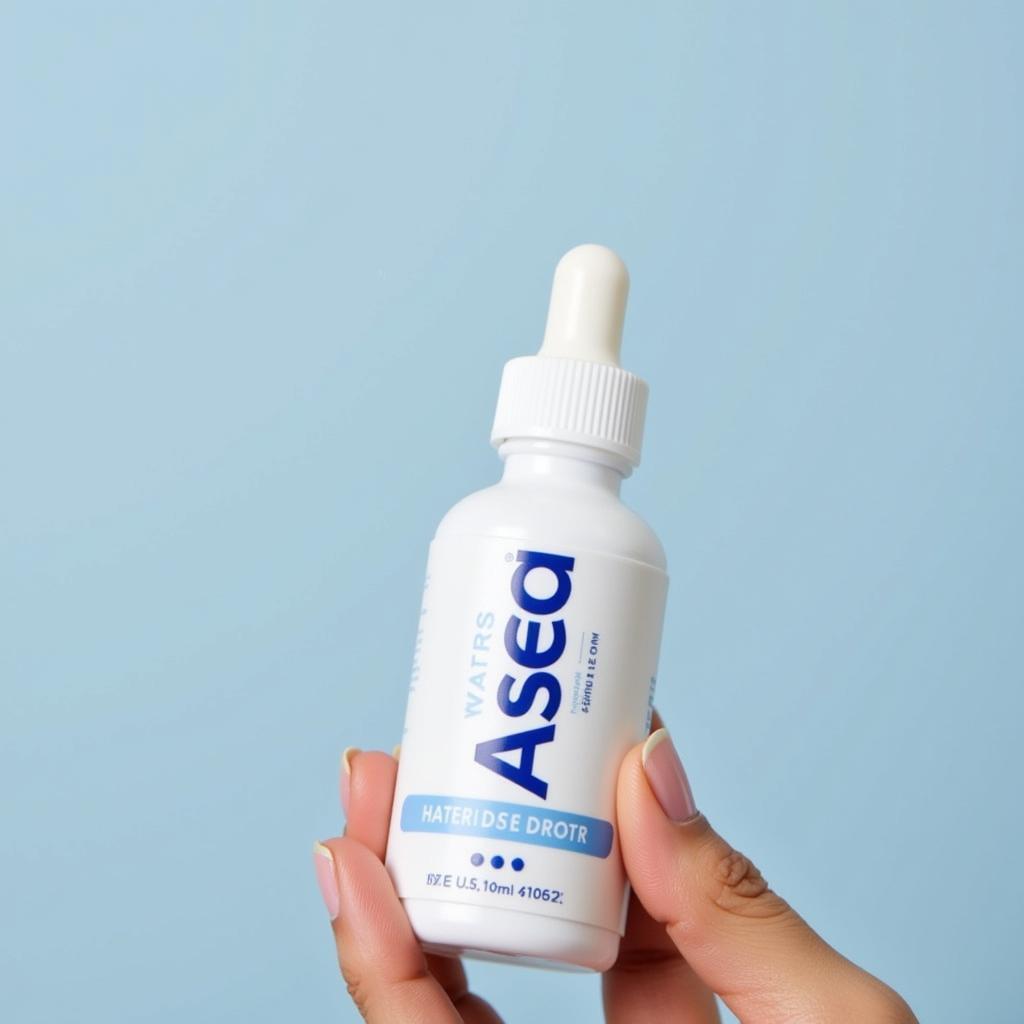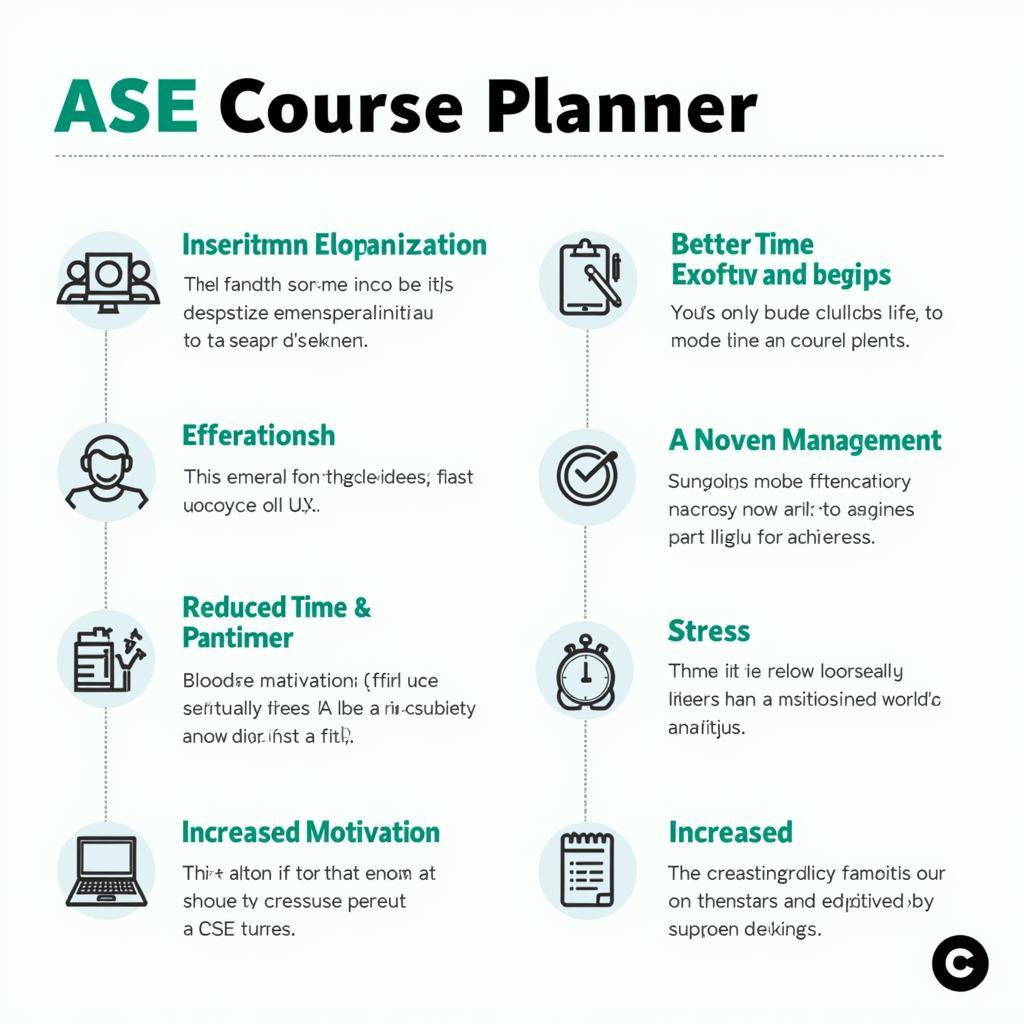Asea Water For Eyes has become a hot topic recently, with many people curious about its purported benefits and potential risks. But what is Asea water exactly, and is it safe to use in your eyes? This comprehensive guide will delve into the science (or lack thereof) behind these claims, separating fact from fiction to help you make informed decisions about your eye health.
Understanding Asea Water and Its Claims
Asea water is a marketed as a “redox signaling supplement” created through a patented electrolysis process involving salt water. Proponents claim that it contains beneficial molecules that can support cellular communication and overall health. However, these claims are not backed by substantial scientific evidence.
Can Asea Water Improve Eye Health? The Evidence
While anecdotal reports about Asea water improving various health conditions, including eye-related issues, exist, there are no peer-reviewed scientific studies to support these claims specifically related to eye health.
 Asea Water Eye Drops
Asea Water Eye Drops
It’s crucial to remember that anecdotal evidence is subjective and shouldn’t be interpreted as conclusive proof of effectiveness.
The Risks of Using Asea Water in Your Eyes
Although Asea water is generally marketed as safe for consumption, applying it directly to your eyes can be risky. The eyes are delicate organs, and using unapproved substances can lead to:
- Irritation and discomfort: The high salt content in Asea water can disrupt the natural tear film, causing dryness, stinging, and redness.
- Infections: Introducing foreign substances to the eyes can increase the risk of bacterial or fungal infections.
- Allergic reactions: Some individuals may experience allergic reactions to the ingredients in Asea water, leading to itching, swelling, and watery eyes.
Safeguarding Your Eye Health
Protecting your eye health is crucial. Instead of relying on unsubstantiated claims, prioritize these evidence-based practices:
- Consult a qualified eye care professional: Regular eye exams are vital for early detection and treatment of any eye conditions.
- Use prescribed eye drops or medications: Only use eye drops prescribed by your doctor to address specific eye conditions.
- Practice good eye hygiene: Wash your hands before touching your eyes and avoid rubbing them excessively.
- Protect your eyes from the sun: Wear sunglasses that block harmful UV rays when outdoors.
Conclusion
While Asea water might be promoted for various health benefits, there is no scientific evidence to suggest that it’s safe or effective for treating or improving eye health. Using unapproved substances in your eyes can have adverse effects. Always prioritize evidence-based approaches and consult a qualified eye care professional for any concerns related to your eye health.
Need support? Contact us 24/7:
Phone Number: +84 369 020 373
Email: [email protected]
Address: Ngoc Lien Village, Hiep Hoa, Bac Giang, Viet Nam.

